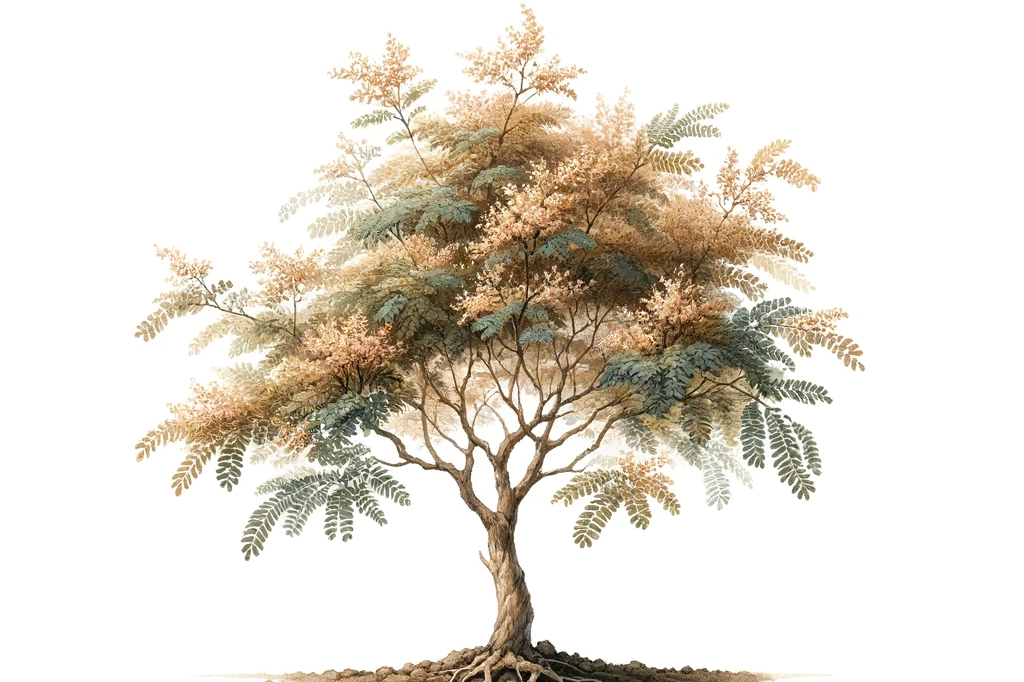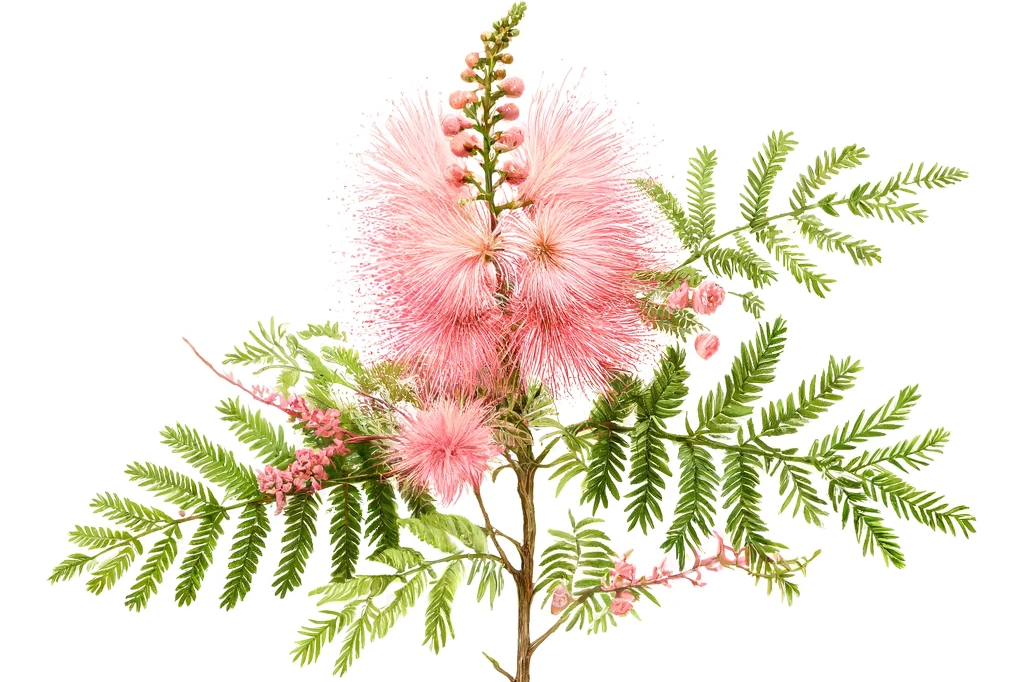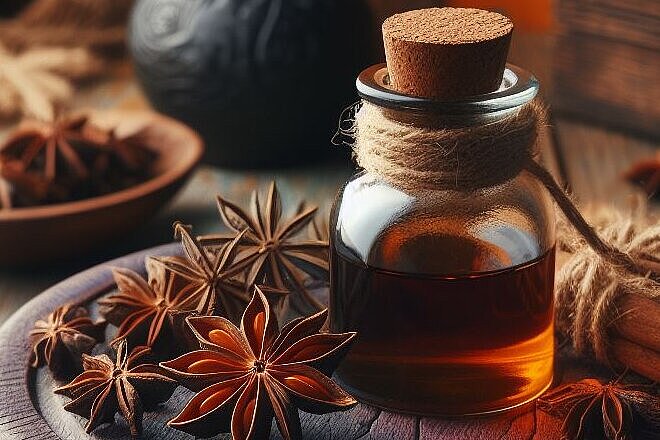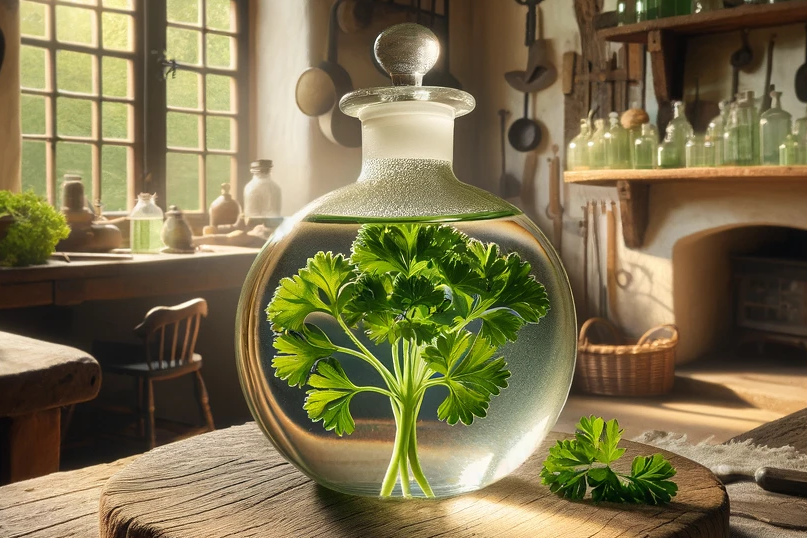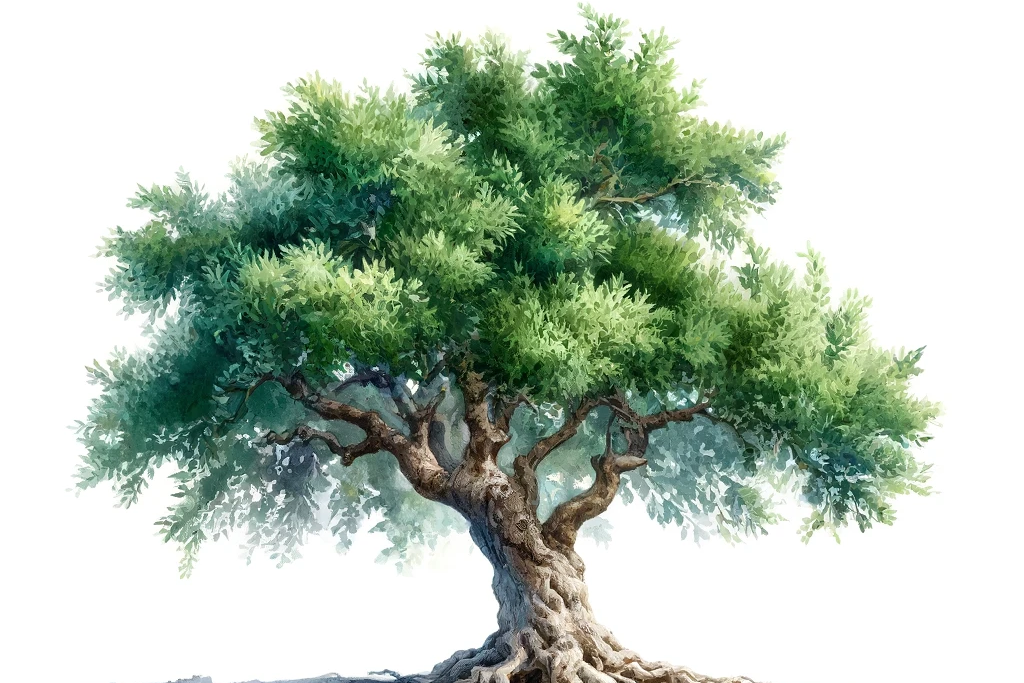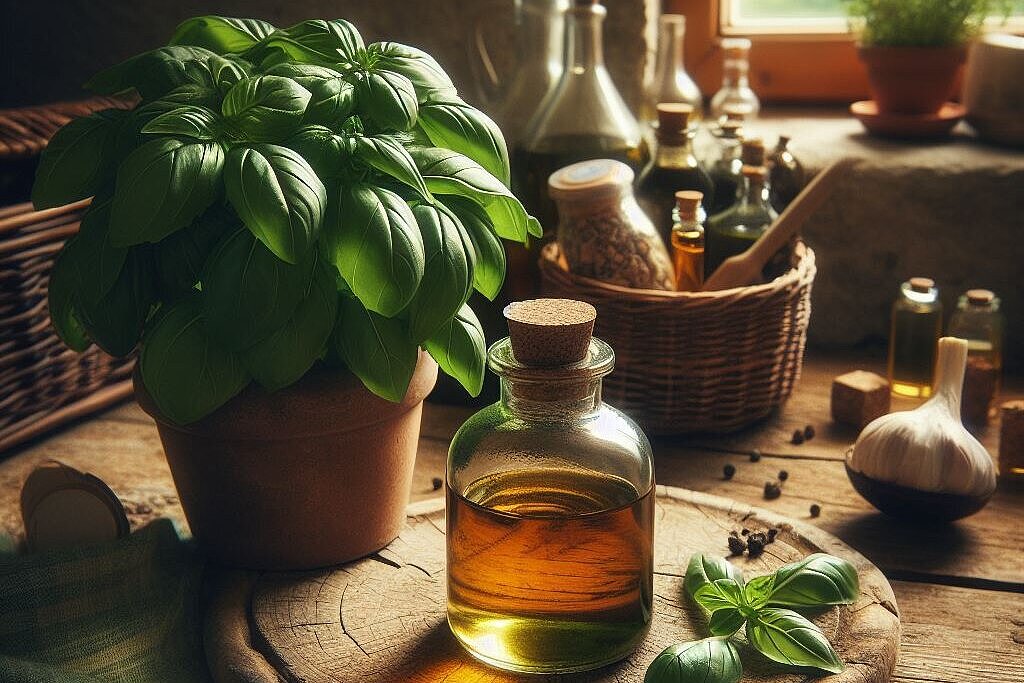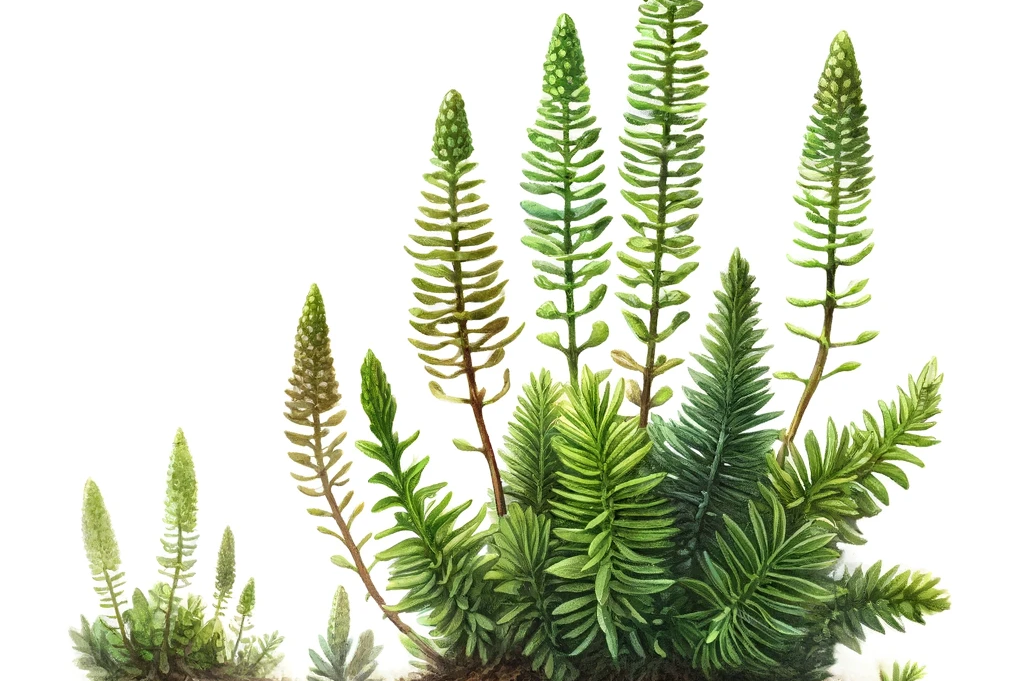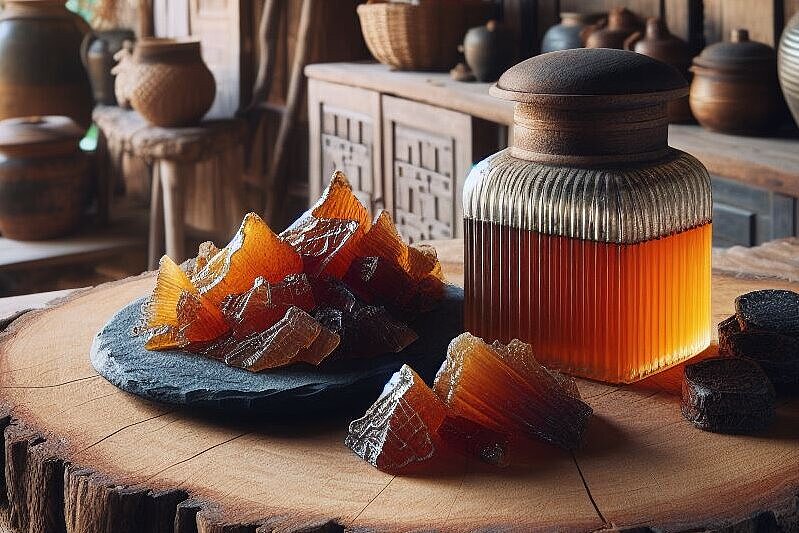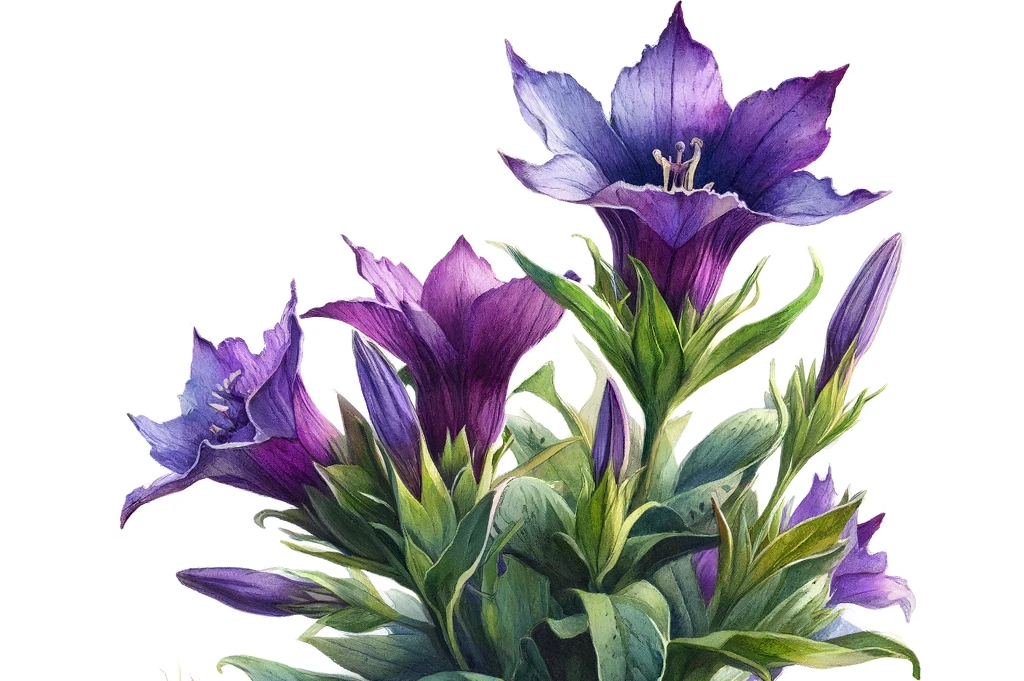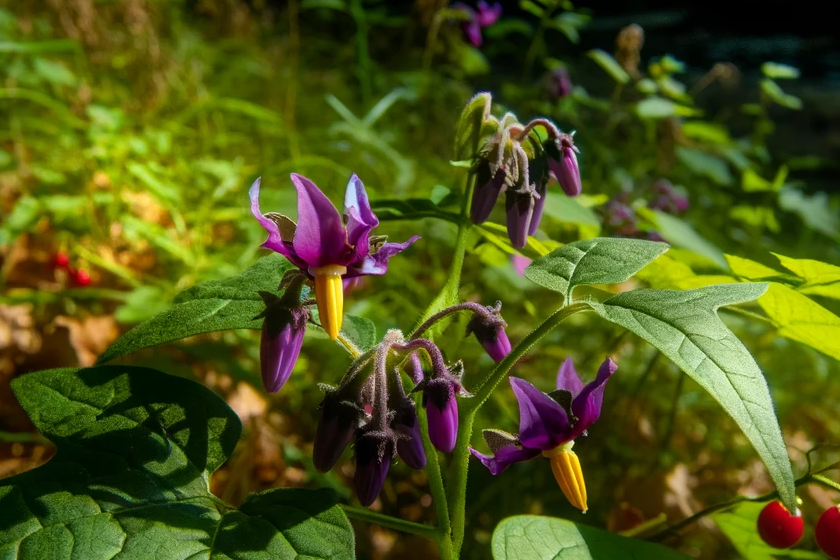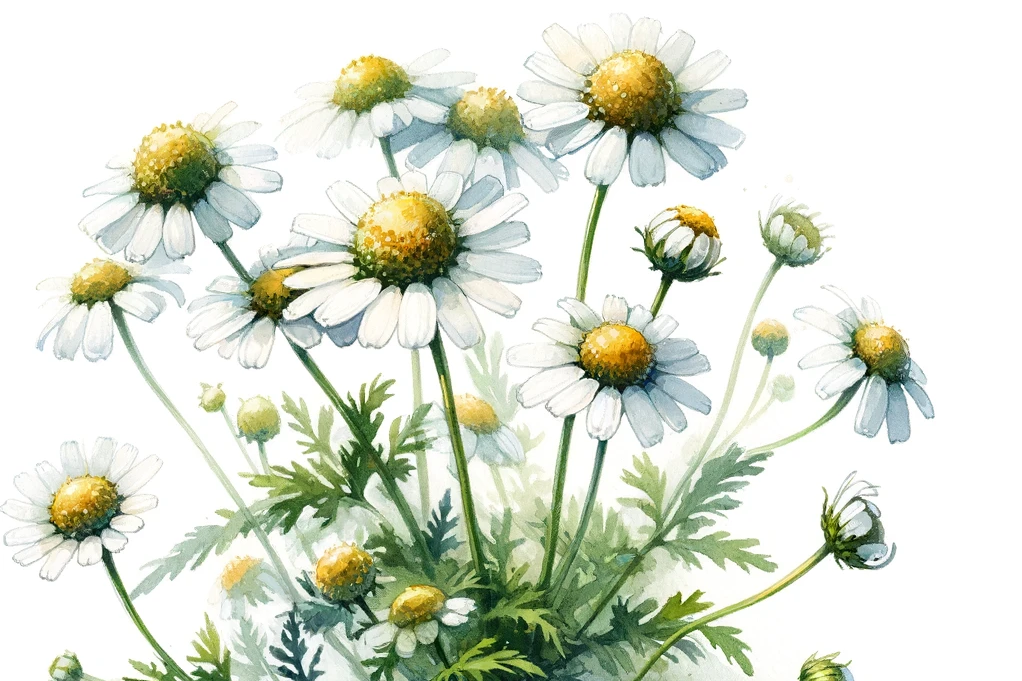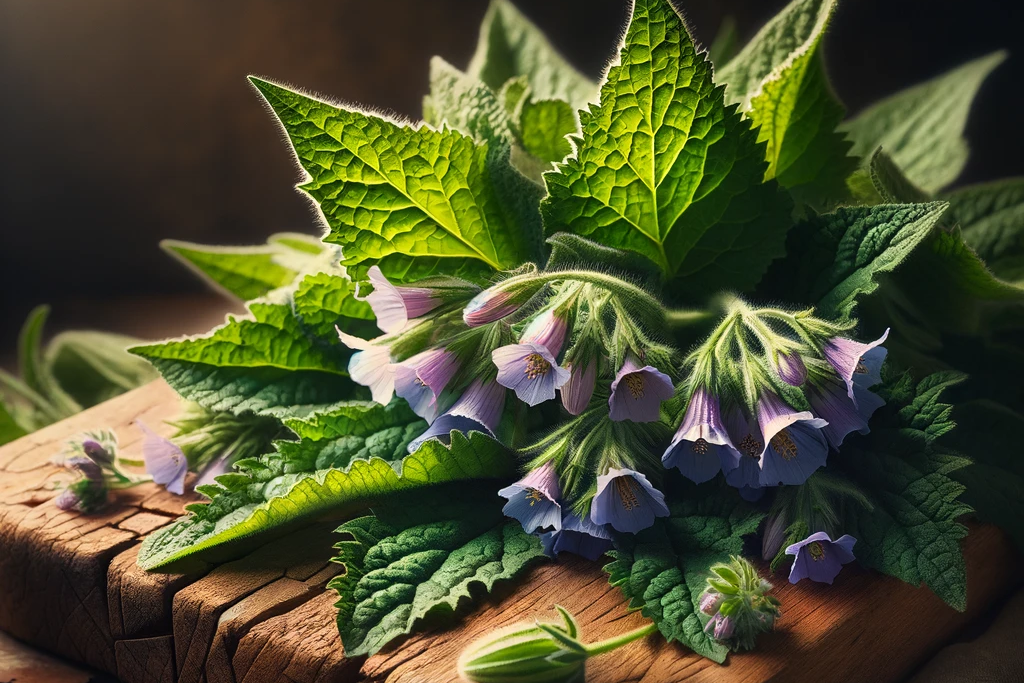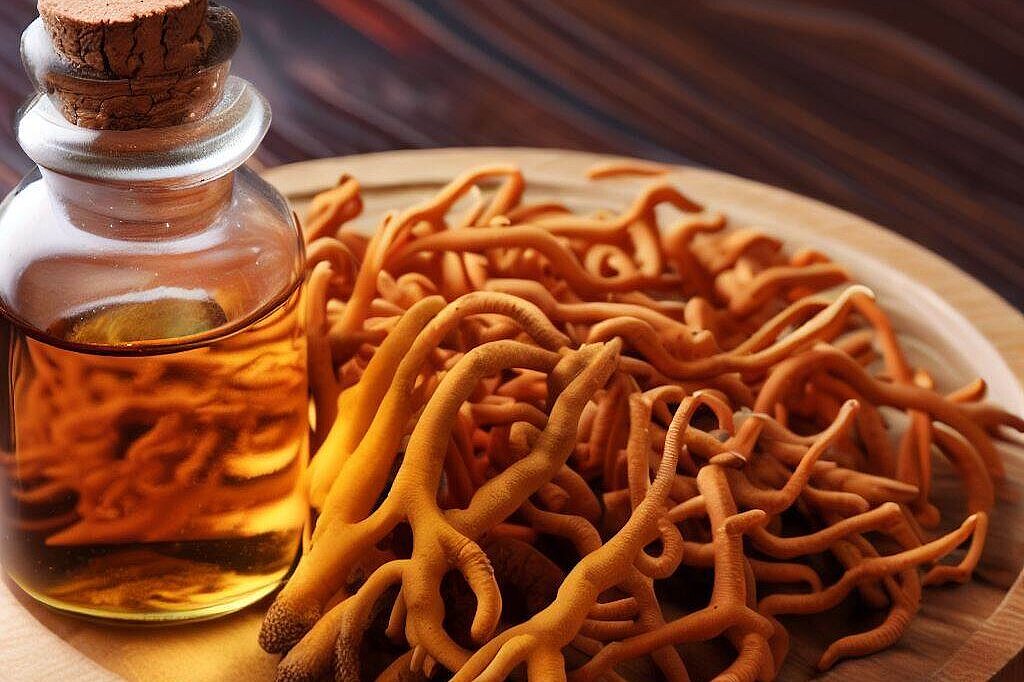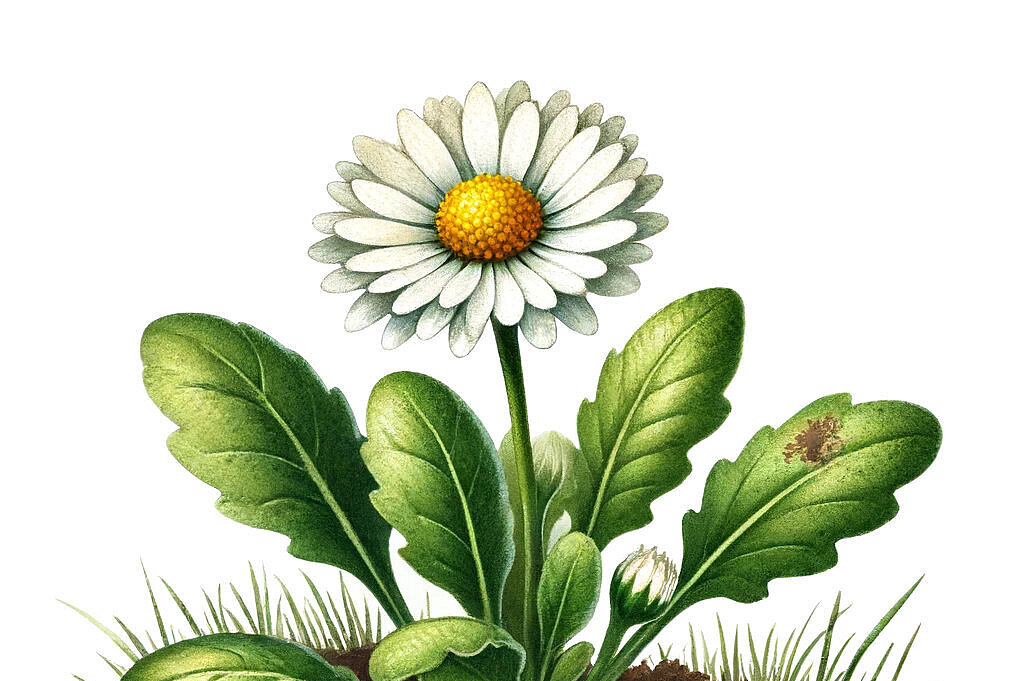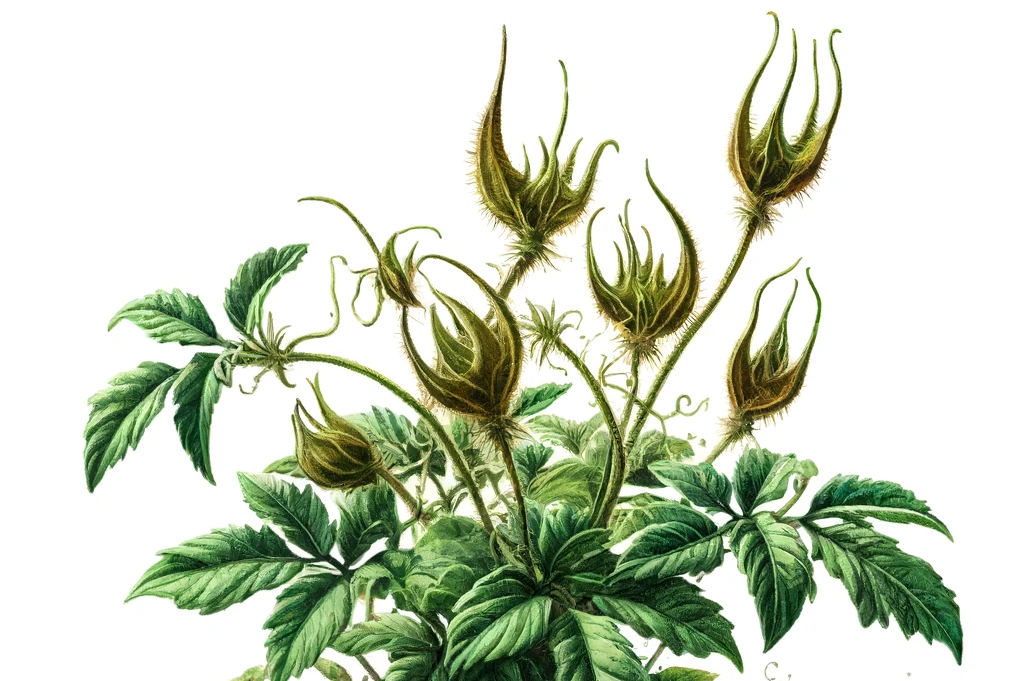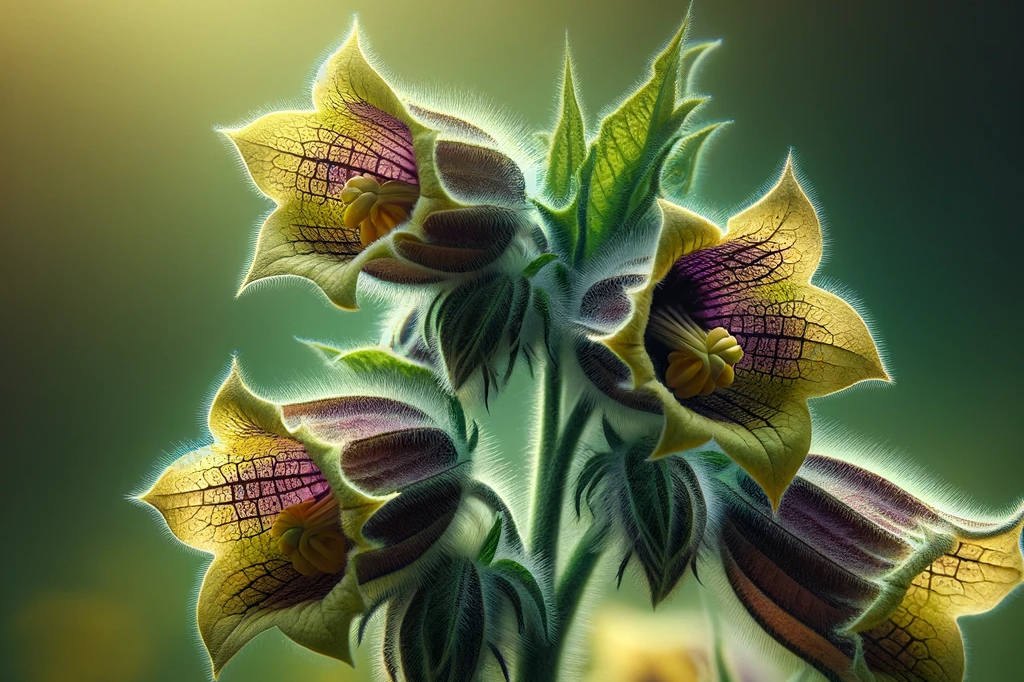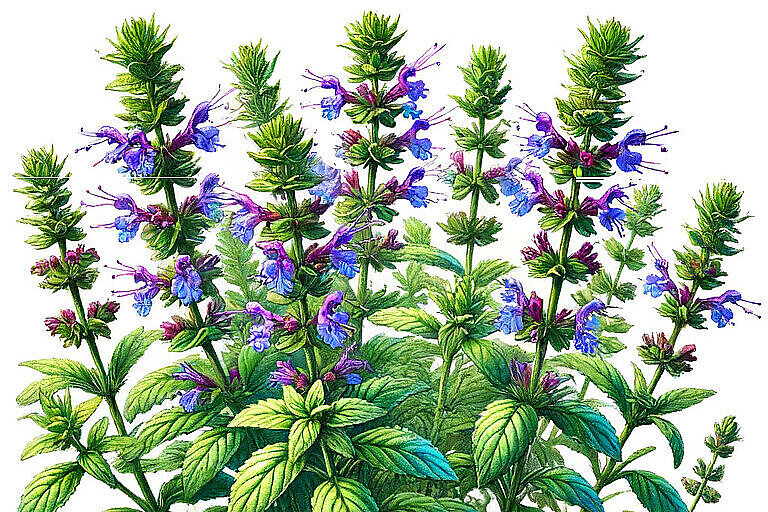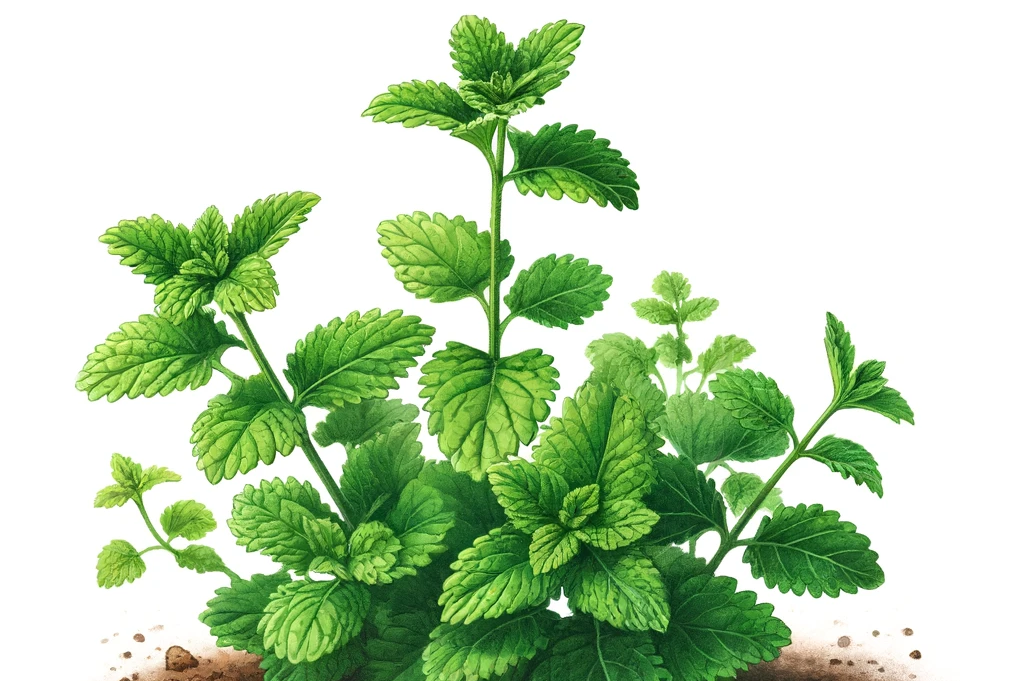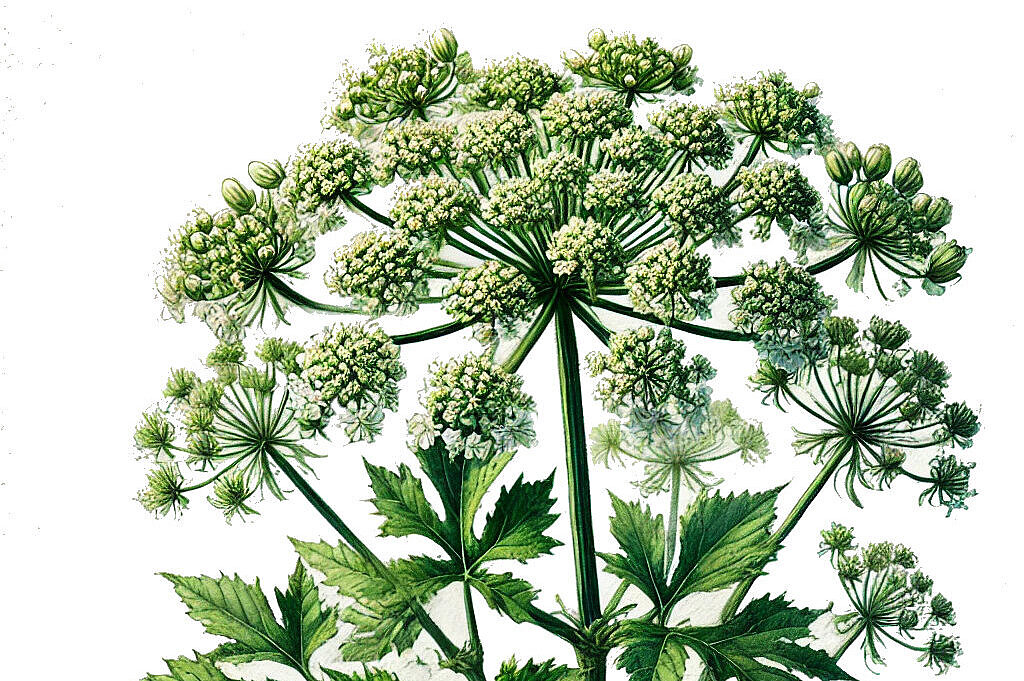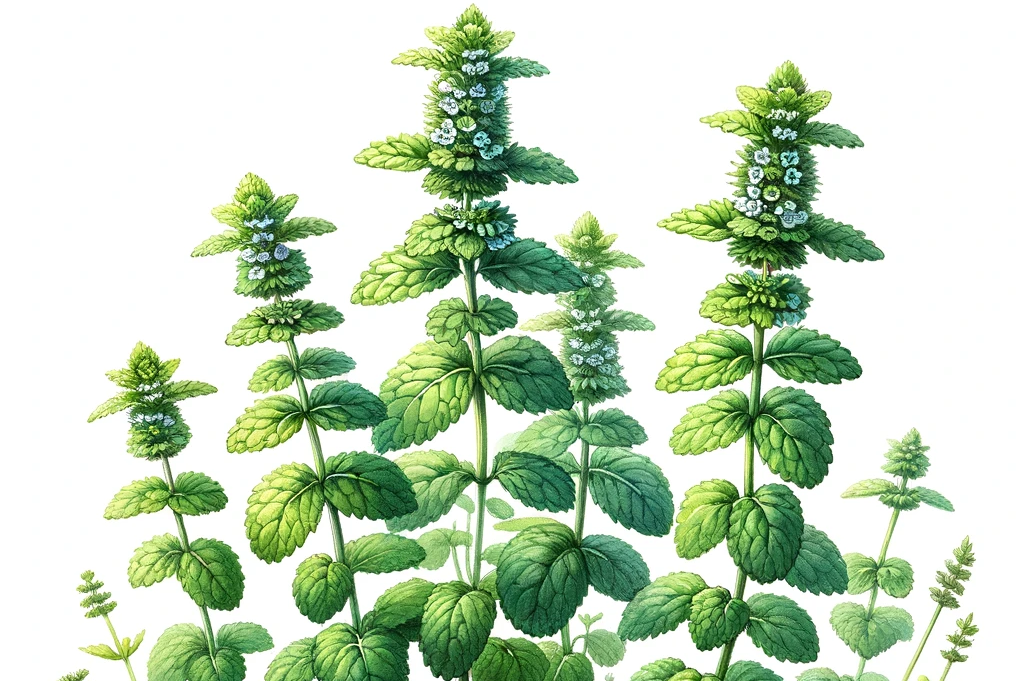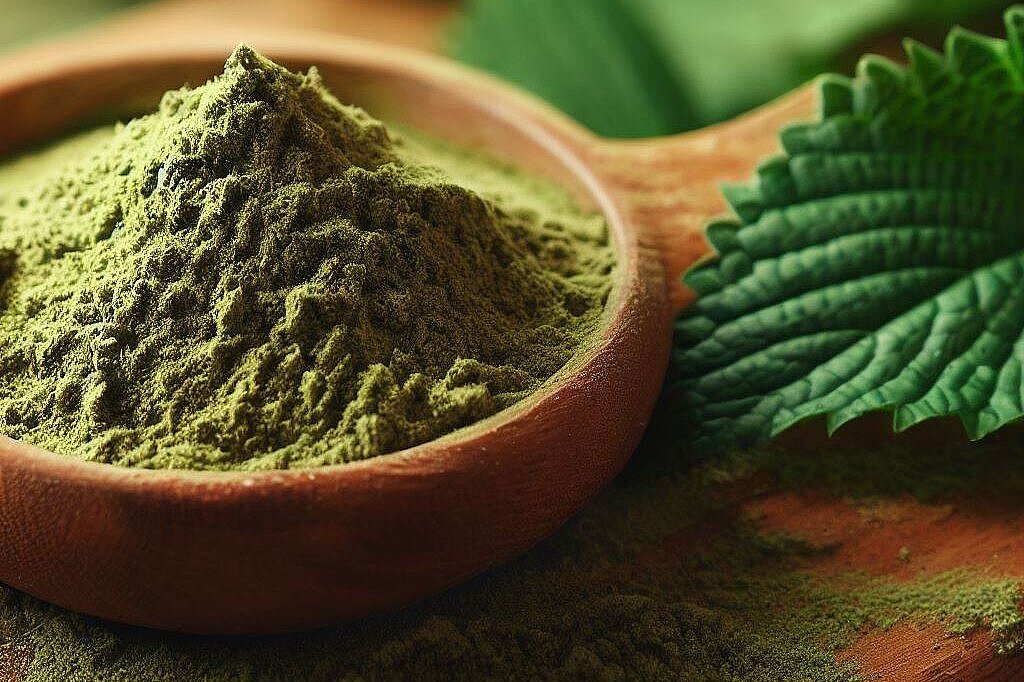Traditional use in phytotherapy
When an ingredient for dog food is referred to as "traditional use in phytotherapy", it means that this ingredient has long been used in herbal medicine to treat certain health complaints or promote health. Phytotherapy is an area of medicine that relies on the use of plants and plant extracts to prevent or treat disease.
This tradition is often based on centuries of experience and observation in different cultures and has found its way into modern animal nutrition, including dog nutrition. The use of such ingredients traditionally used in phytotherapy in dog food may aim to provide certain health benefits, such as aiding digestion, boosting the immune system or relieving inflammation.
However, it is important to note that the effectiveness and safety of herbal ingredients in pet food depend on the dosage, the quality of the ingredient and the specific health condition of the dog. Therefore, it is advisable to discuss the use of such ingredients with a veterinarian or animal nutrition professional to ensure they are suitable and safe for your dog.
